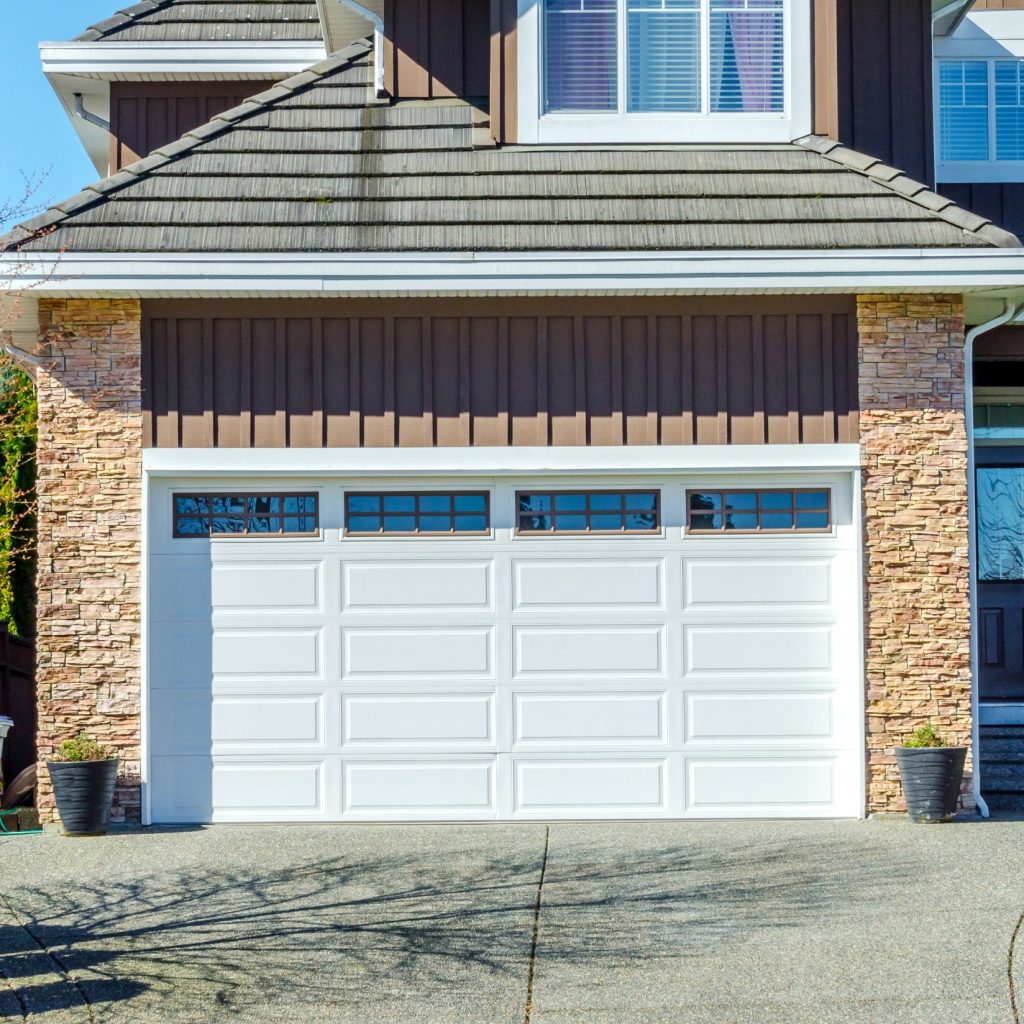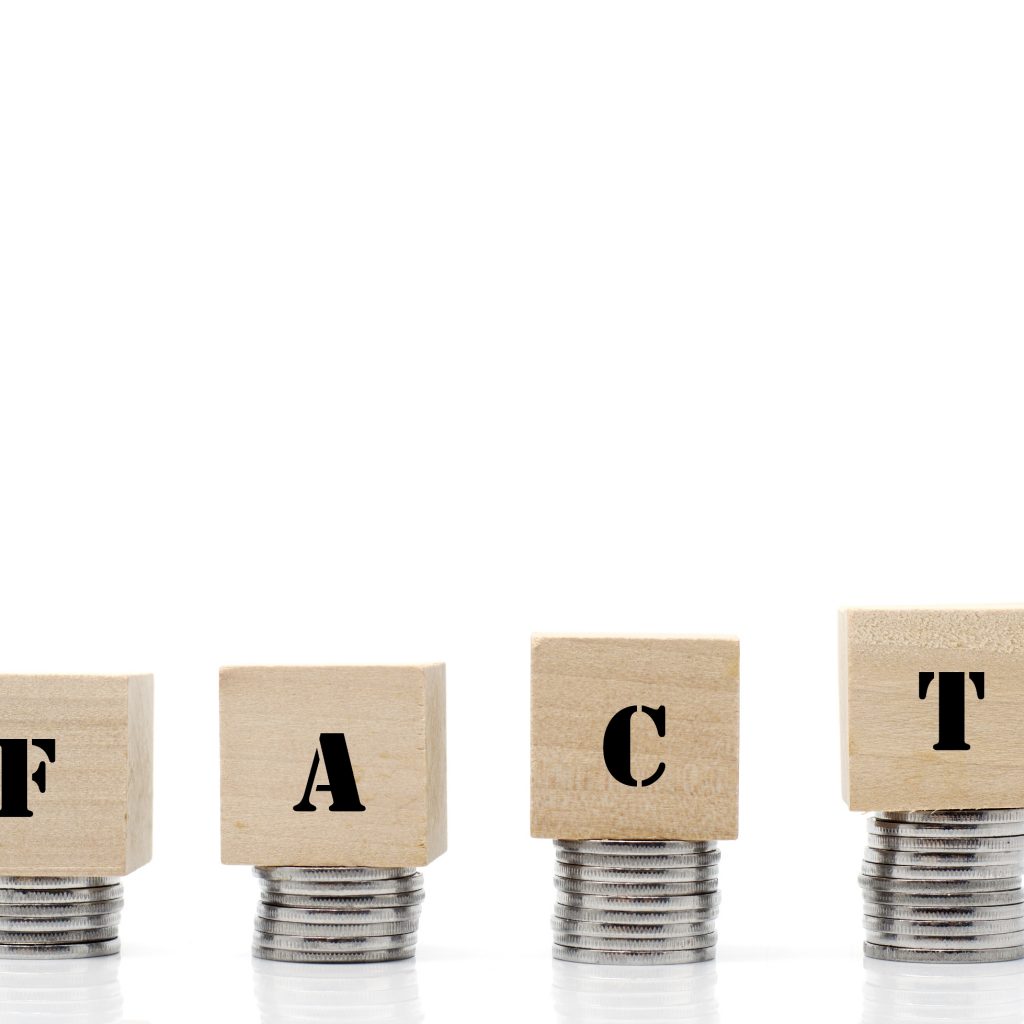
Making any large purchase, such as a car or house, often requires some type of loan. If you’re buying a house you will likely be applying for a mortgage loan. Of course, with any purchase on credit, you want the lowest interest rate possible. However, most of us aren’t entirely sure what factors affect the interest rate you’re eligible for. What determines my interest rate?
There are a few different factors that determine your interest rate. One that you’re probably the most familiar with is your credit score. It’s very important when considering a large loan to consider your credit score. You can obtain a copy of your credit report for free or a small fee and then check your credit report for errors. It’s best to do this prior to applying for a loan so you can correct any errors beforehand. However, it is entirely possible to do this after applying for a loan, although it will delay the approval process.
What determines my interest rate? Another factor to consider is the location of the home you wish to purchase. Interest rates can vary widely depending on the state or county that the home is located in, as well as whether it is in a rural or urban area. Different states offer different programs so it is always important to discuss with your realtor and lender what options may be available based on the location of the home.
In addition to your credit score and the location of the house, lenders look at the total price of the home and the amount you wish to borrow. When you are able to pay a significant portion toward the total cost and borrow less, lenders are less concerned about your financial stability. Similarly, lenders strongly consider the down payment you can afford and are willing to pay. For example, the larger the down payment, the lower the interest rate will usually be. This is because you, as the borrower, have more of an interest in maintaining the mortgage on your home. It makes the lender feel more comfortable and therefore will usually offer you a lower interest rate.
It’s important to consider whether the interest rate is fixed or adjustable. Fixed interest rates are just that: fixed. The interest rate you lock in at the beginning of your loan will remain the same for the life of the loan. Whereas, an adjustable interest rate may start at a lower rate at the beginning, but has a high likelihood of increasing significantly over the life of the loan.
The length of your loan can also make a big difference in the interest rate. Generally, home loans are either in 15 or 30-year terms. If you’re able to make payments on a 15-year loan, the interest rate is usually going to be lower.
Additionally, are you purchasing the home as a primary residence or is it as an investment opportunity? Lenders are sometimes wary when you purchase a home purely for investment because you won’t have an emotional attachment to the home for considerable motivation to keep making payments even if your financial situation becomes difficult. It is easier to walk away and let the home become foreclosed upon which causes the lender to lose money.
As with any large purchase, it is always best to shop around. Finding the right lender and loan for your situation absolutely requires some research. Work on your own and with your realtor, if you have one, to determine what works best for you.


